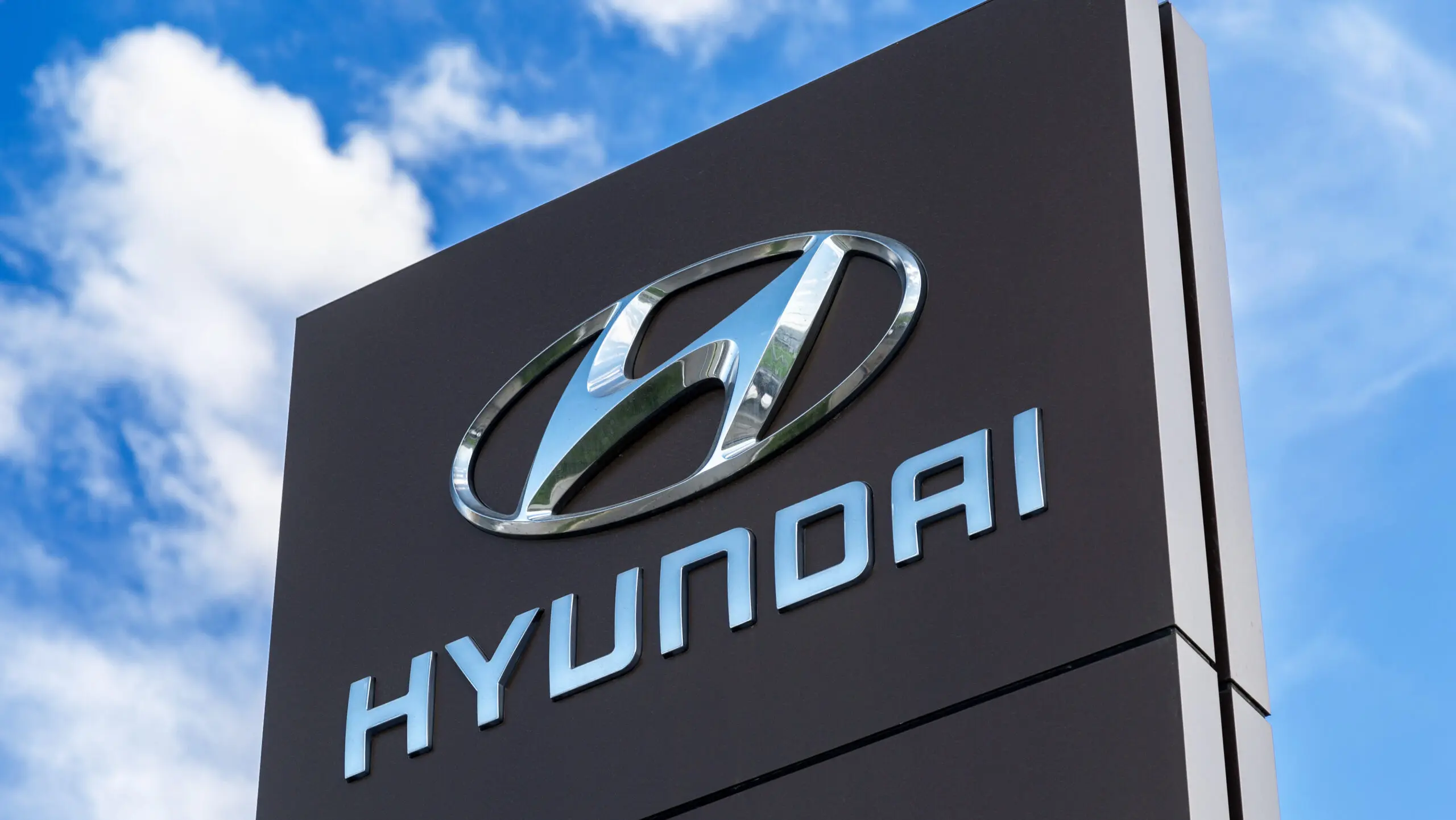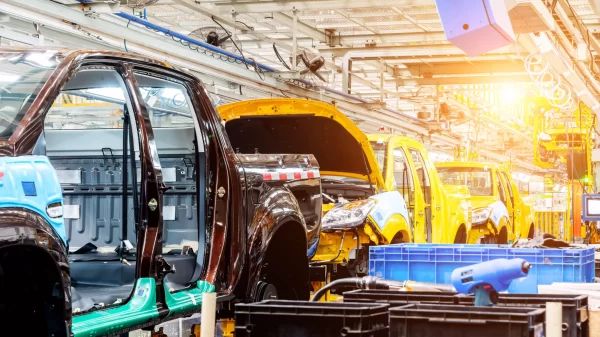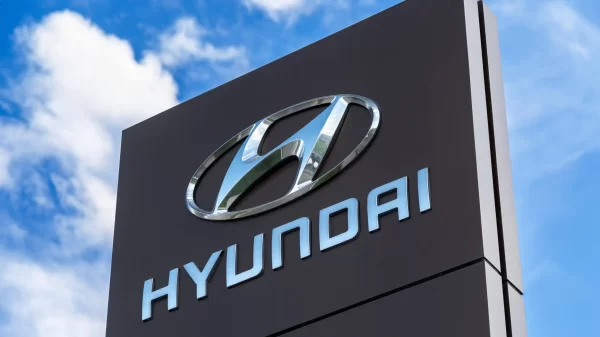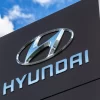|
Getting your Trinity Audio player ready...
|
Almost two years after a Reuters special investigation first drew national attention to the use of child labor in Hyundai’s supply chains, the Department of Labor has filed a complaint against Hyundai in a U.S. District Court.
The complaint specifically names Hyundai Motor Manufacturing Alabama, LLC; SMART Alabama, LLC; and Best Practice Service, LLC as the defendants.
In a statement emailed to APR, Scott Posey, the manager of Hyundai Alabama’s public relations team, said that Hyundai took “immediate and extensive remedial measures” after the use of child labor was revealed, including “an investigation and a broader review of our U.S. supplier network.” He also said that they will be “reviewing the new lawsuit and intend to vigorously defend the company.”
At the time of the alleged offenses, Hyundai was the majority owner of SMART, which operated a manufacturing facility in Luverne creating parts for Hyundai. SMART utilized BPS as a staffing firm. BPS is the firm that actually hired the 13-year-old at the heart of the Department of Labor’s complaint and put her to work in SMART’s plant.
That 13-year-old employee, called “EC” in the filing, worked “up to 50 to 60 hours per week” on an assembly line. She was responsible for using “machines that formed sheets of metal into body parts” according to the Department of Labor’s filing.
The filing also suggests, but does not prove, that other children were hired by BPS and worked in the SMART facility. The 2022 Reuters investigation found that two of EC’s siblings, her 12-year-old and 15-year old brothers, also worked in the Luverne plant.
The filing simply states that soon after EC was revealed to be a child, BPS was told by SMART that two other employees “were not welcome back at the facility due to their appearance and other physical characteristics, which suggested they were also underage.”
“The Department of Labor’s complaint seeks to hold all three employers accountable in the supply chain,” explained Seema Nanda, the United States solicitor of labor. Nanda further said that companies should not be able to blame “suppliers or staffing companies for child labor violations” when they are also culpable.
In the filing, the Department of Labor is arguing that SMART and Hyundai were “a single employer for purposes of liability under the [Fair Labor Standards Act].” They also asserted that Hyundai, SMART, and BPS “jointly employed” EC due to how much control Hyundai had over SMART.
Posey characterized this as an “unprecedented legal theory that would unfairly hold Hyundai accountable for the actions of its suppliers.”
The Department of Labor is requesting court orders “permanently enjoining and restraining” all three employers from violating the sections of the FLSA prohibiting companies from using oppressive child labor or selling the products thereof.
The filing also asks the court to order all three companies to “disgorge all profits related to their use of oppressive child labor.” Under Section 12(a) of the FLSA, it is illegal to sell the products of oppressive child labor, so-called “hot goods.”
This complaint follows a similar complaint which the Department of Labor filed against Mar-Jac Poultry of Alabama earlier this month. In that earlier filing, the Department of Labor also accused Mar-Jac of utilizing oppressive child labor and selling hot goods.
“As we work to stop illegal child labor where we find it, we also continue to ensure that all employers are held accountable for violating the law,” said Jessica Looman, the Department of Labor’s Wage and Hour Division administrator.
Editor’s Note: This piece was updated to incorporate a statement Hyundai provided to APR.























































